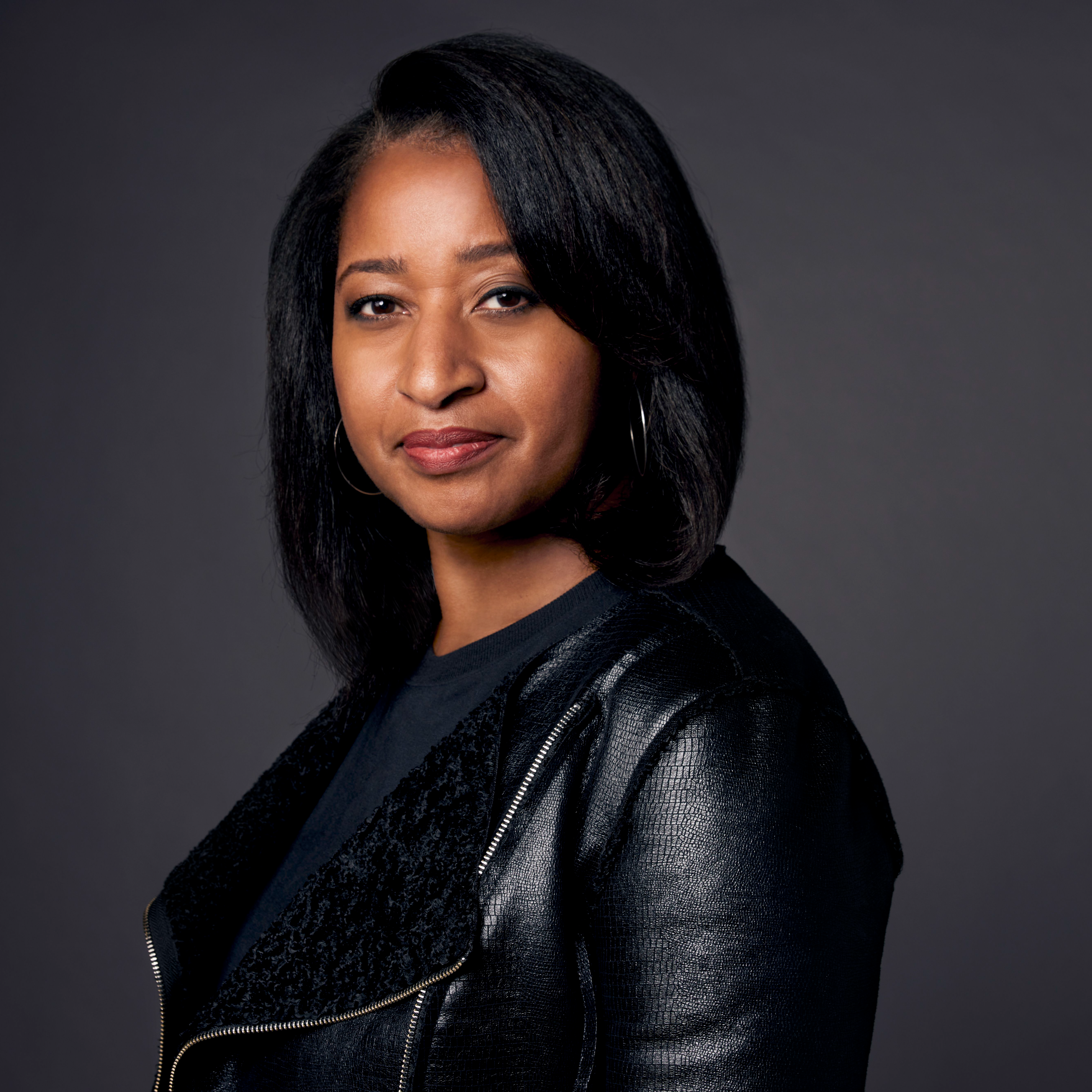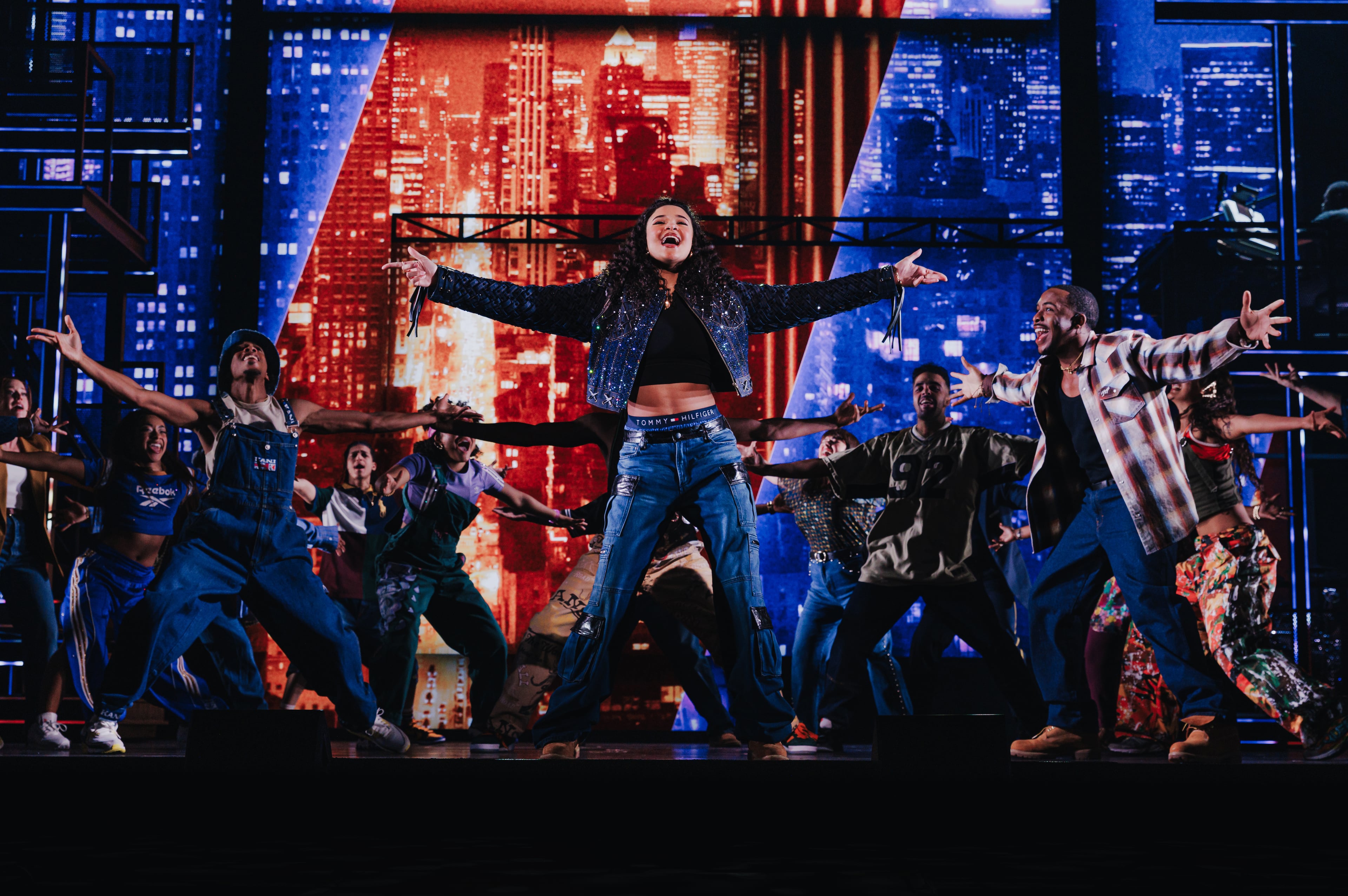OPINION: Bridging the racial gap is an act of faith for north Fulton men

Twelve men — six white and six black — sat at their computers in silence. It was early June, and at that moment, during their weekly Zoom meeting, one of them had asked a doozy of a question: What needs to be cut from your heart to bring about racial healing?
They had been at it for months, participating in multiracial Bible study sessions, creating a virtual men’s conference on race and more recently, as pandemic restrictions eased, meeting up to hang out one-on-one at coffee shops and restaurants.
They had worked hard at being more introspective, more empathetic, more of all those things that men in American society are traditionally expected not to be. But if they — the 12 Disciples or the Dirty Dozen as they call themselves depending on the day — were to tackle the challenge of racial reconciliation, they would first have to reckon with themselves.
One grew up in Virginia and was not around Black men until he went off to the Army.
One grew up in Mississippi, where his memories as a 10-year old were dominated by his father being shot by a white man.
One grew up in Birmingham in the 1960s and found pictures of himself at age 3, standing on the street corner waving a Confederate flag.
Some days it felt as if the only thing they had in common was their belief that God had something greater in store for each of them.

With faith, they decided, they could start bridging the gap between the races and over the past year that journey has led them down yet another path — developing a curriculum to share with others that would serve as a roadmap to build new relationships and develop greater cross-cultural understanding.
Their Bridging the Gap curriculum, themed on the stages of agriculture and growth, first invites participants to engage in a self-assessment and establishes a common understanding.
In the subsequent stages, participants are asked to grow their awareness of racist behaviors past and present, offer personal testimonies and start to develop a toolkit for creating the relationships that God intended us to have with each other.
In the final stages, they are invited to continue building on new behaviors, diversify their social circle and build new racial relationships.
“We may have our own personal viewpoint and personal slant, but we want to make sure our Christianity is at the center of it,” said Quentin Jones, 66, of Johns Creek. “If we are interested in racial unification, we have to go to the source that we feel is the truth and that is the Bible.”
Jones, who is Black, remembers the day last year, not long after George Floyd was killed by a Minnesota police officer, when he asked his white neighbor, Steve Mullvain, if the men’s groups from their respective churches could get together for Bible study.
St. James United Methodist Church in Alpharetta, where Jones is a minister, has a predominantly Black congregation. Mullvain attends Alpharetta First United Methodist Church, which has a predominantly white congregation.
In August, men from the two churches alternated leading two weeks of a four-week Bible study that explored racial history and current events. In September, St. James UMC held another three-week Bible study for the men from Mount Pisgah United Methodist Church in Johns Creek , which also has a predominantly white congregation.
By November, their collective efforts had evolved into a virtual men’s conference complete with keynote speakers and breakout groups. About 140 attendees devoted six hours on a Saturday to listen to and learn from one another.
There were revelations — white men surprised by the ideologies of some of their white friends, Black men surprised by the limited knowledge of the African diaspora, all of them, Black and white, coming to the realization that their social circles didn’t include anyone that did not look like them.
“Our objective was to bring men together … to talk about the difficult issues that we don’t generally talk about in the workplace and quite frankly, don’t even talk about in church,” Jones said. “How can we get men together to talk about the elephant in the room and to be candid about how you are feeling and why you are feeling this way?”
The conference was a “mountaintop” experience, he said, but if they were going to climb to the next level, they were going to have to build stronger relationships with one another.
Joe Renta, an early group participant, who attends Alpharetta First UMC, had been down this road before, joining men’s groups that start and then fade away into the ether. He wasn’t about to get involved in another dead-end initiative.
“The more I said no … one day in prayer I heard ‘wrong answer, you need to be involved,’” said Renta, 66, of Alpharetta.
So Renta, who is white, joined the weekly calls where the conversations covered a lot of ground and sometimes got very heated.
“When you guys get together, do you talk about race?” asked one of the Black members of the others at one meeting.
“Hell no,” was the response, from the white members.
“White fragility? What is that?” asked a white member at another meeting before a Black member offered a definition.
When conversations start to veer too far off the rails, Jones is quick to bring the focus back to the Bible.
“Truth can be extremely liberating but it can also be extremely sobering,” Jones said. “We feel there is a source where we can get our true north.”
That spiritual-centered approach gave Renta both a fire to dig deep into Scripture and a willingness to listen and to understand that other opinions have value.
“Once you get to know folks, it changes the perspective of things. It is not that I agree with every word that is spoken, but I don’t agree with everything that comes out of my own mouth either,” Renta said. “You don’t have to agree on everything, and you can still think highly of folks. I knew that, but it was an epiphany in a way.”

In America, talking about race has always been uncomfortable. Our history and its complicated lessons, some of which are never passed from one generation to the next, have left so many of us ill-equipped to engage one another in meaningful ways. Some of the hardest work is getting to a place where we feel vulnerable enough to speak freely and are informed enough to have a shared understanding to build on.
“So many white guys don’t have a clue about what the Black experience is,” said Roger Watson, who is white and attends Mount Pisgah UMC. “They say, I don’t consider myself a racist, but they are not taking that next step and being proactively anti-racist. We are not force-feeding history, we just want to make information available to people so they have a common understanding.”
If they’ve learned anything over the past year, it is how to have a difficult conversation and keep it respectful.
“There are going to be some people that are not going to buy in or accept the (Bridging the Gap) curriculum,” Jones said, “but we think there will be enough people who are looking for the truth as it is outlined in the Bible. In order to accept that truth, it is going to require individual change.”
Initially members of the core group will administer the curriculum to other groups and will then train members of those groups to conduct the sessions themselves in the hopes that the effort will grow exponentially.
As the Dirty Dozen, they plan to keep growing as well. Already there has been a shift in how the guys relate to each other.
On Zoom calls, when they aren’t grappling with those heavy questions, they are joking with each other and sharing things that are happening in their lives. There are plans in the works for social outings, ministry in the town square and community service work.
“This is meant to be a fellowship group, and it will go on for as long as we can sustain it,” Watson said. “The hardest part is getting started.”
Read more on the Real Life blog (www.ajc.com/opinion/real-life-blog/) and find Nedra on Facebook (www.facebook.com/AJCRealLifeColumn) and Twitter (@nrhoneajc) or email her at nedra.rhone@ajc.com


